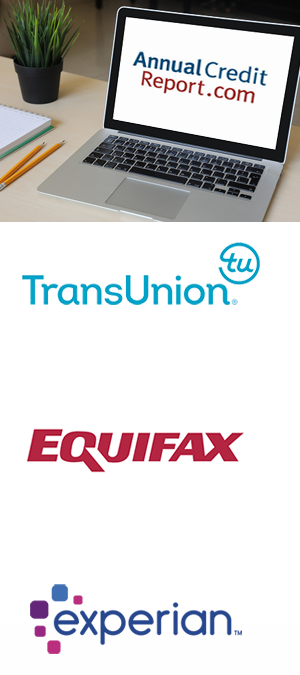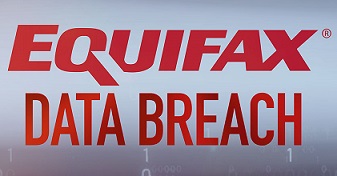With identity thieves continuing to target the tax community, the IRS is urging you to learn the new signs of identity theft so you can react quickly to limit any damage.
The common signs of ID theft
Here are some of the common signs of identity theft according to the IRS:
- In early 2022, you receive a refund before filing your 2021 tax return.
- You receive a tax transcript you didn’t request from the IRS.
- A notice that someone created an IRS online account without your consent.
- You find out that more than one tax return was filed using your Social Security Number.
- You receive tax documents from an employer you do not know.
Other signs of identity theft include:
- Unexplained withdrawals on bank statements.
- Mysterious credit card charges.
- Your credit report shows accounts you didn’t open.
- You are billed for services you didn’t use or receive calls about phantom debts.
What you can do
If you discover that you’re a victim of identity theft, consider taking the following action:
- Notify creditors and banks. Most credit card companies offer protections to cardholders affected by ID theft. Generally, you can avoid liability for unauthorized charges exceeding $50. But if your ATM or debit card is stolen, report the theft immediately to avoid dire consequences.
- Place a fraud alert on your credit report. To avoid long-lasting impact, contact any one of the three major credit reporting agencies—Equifax, Experian or TransUnion—to request a fraud alert. This covers all three of your credit files.
- Report the theft to the Federal Trade Commission (FTC). Visit identitytheft.gov or call 877-438-4338. The FTC will provide a recovery plan and offer updates if you set up an account on the website.
- Contact your CPA, tax preparer or financial advisor if you suspect any tax-related identity theft. If any of the previously mentioned signs of tax-related identity theft have happened to you, please call to make an appointment to discuss what further steps you can take.


 One way to head off fraud during tax season is to get your free annual credit report now. Credit reports often have errors in them; this quick checkup can be the first indication that some form of identity theft has taken place on your account.
One way to head off fraud during tax season is to get your free annual credit report now. Credit reports often have errors in them; this quick checkup can be the first indication that some form of identity theft has taken place on your account.